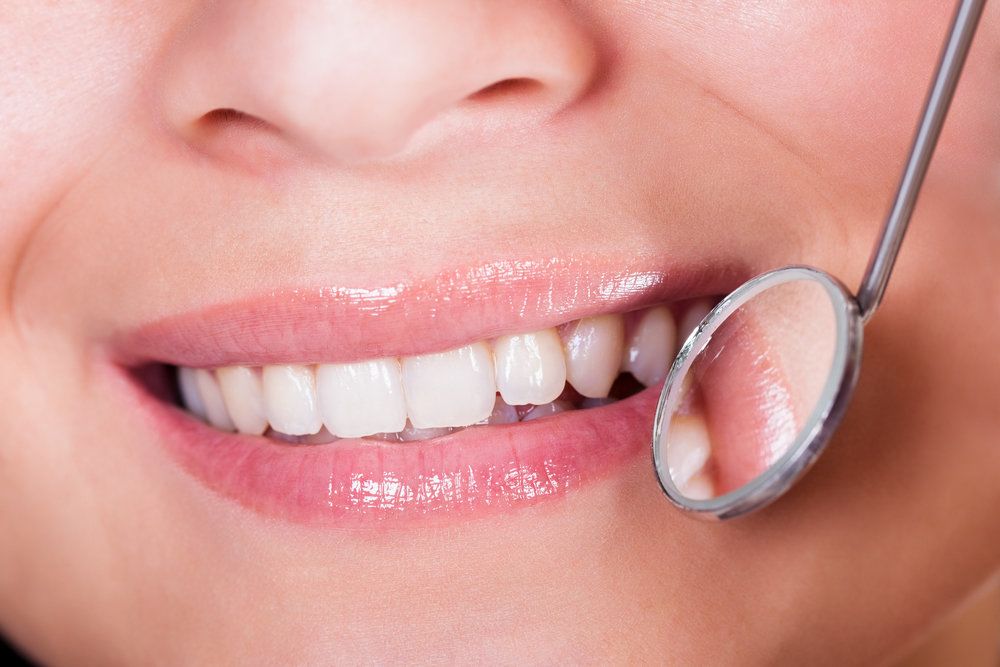Dental Bonding to Treat Enamel Loss
 Dental bonding is a versatile dental treatment that can correct many structural and cosmetic flaws. Among the imperfections that can be addressed through dental bonding treatment are chips, cracks, fractures, dental stains, and enamel loss.
Dental bonding is a versatile dental treatment that can correct many structural and cosmetic flaws. Among the imperfections that can be addressed through dental bonding treatment are chips, cracks, fractures, dental stains, and enamel loss.
Enamel loss describes a weakening of the teeth due to wear, tear, or damage on the tooth’s outer layer. Dr. Bruce Wilderman can offer his Philadelphia, PA, patients dental bonding for enamel loss. Dental bonding restores the strength of the smile and protects the teeth from further dental damage.
Dental Bonding Candidates
Because dental bonding has so many applications, a high number of our patients are ideal candidates for treatment. While dental bonding is meant primarily as a cosmetic dentistry procedure, it can address structural problems as well, as long as they are minor. Structural damage is considered minor if it does not extend to the inner layers of the tooth, or make the tooth vulnerable to advanced decay or infection.
As far as enamel loss is concerned, our Philadelphia patients may be suitable candidates for dental bonding if the edges of the teeth have worn down, if they have suffered minor acid erosion, or if they have a superficial chip, crack, or fracture. The best way to know for sure if dental bonding is the appropriate solution for enamel loss is to undergo an exam and consultation with Dr. Wilderman.
The Procedure
Dental bonding is a fast and straightforward procedure that is completely non-invasive, which is one of the many reasons it is preferred by so many patients. During dental bonding treatment, a tooth-colored composite resin is applied and shaped directly to the teeth. The composite resin comes in a wide variety of shades, so Dr. Wilderman is able to select the color that will best blend in with adjacent teeth.
Prior to applying the resin, the tooth is prepared for treatment. Preparation makes it easier for the composite to stick to the tooth. Preparation involves the application of a chemical solution that gently etches the tooth without compromising its structure. Once the tooth has been prepared, the resin is artfully molded to the tooth, so it looks like a natural part of the smile. During the final step of treatment Dr. Wilderman exposes the treated tooth to an ultraviolet light that hardens the resin and completes the bonding process. An entire dental bonding treatment is usually completed in under one hour.
Benefits of Dental Bonding
For those of our Philadelphia patients who are ideal dental bonding candidates, the procedure offers many benefits. Some of the most notable advantages of dental bonding treatment include:
- Pain-free procedure with no need for anesthesia
- Preservation of the natural tooth enamel
- Fast results
- Affordable for any budget
- Completely reversible, if an alternate treatment is desired in the future
Contact Our Practice
If you are interested in learning more about dental bonding treatment, Dr. Bruce Wilderman would be happy to answer any questions you may have. To schedule a consultation with Dr. Wilderman, you can contact our practice online, or call the office at (215) 340-1199.


